A Dying Woman’s Fight: A Look at “Freeheld”
A political drama unfolds, centered on a terminally ill lesbian fighting for the right to bequeath her pension to her life partner. “Freeheld” dives into the complexities of love, loss, and the fight for equality.
The film tells the story of Laurel Hester (Julianne Moore), a decorated Ocean County, New Jersey, police officer diagnosed with terminal lung cancer. After years of dedicated service, she’s entitled to a pension. Ordinarily, this pension could be passed on to a spouse. However, Laurel is in a registered domestic partnership with Stacie Andree (Ellen Page), a young mechanic. When Laurel petitions for her pension to be transferred to Stacie after her death, Ocean County officials deny her request, citing their right to withhold marital benefits from domestic partners. With time running out, Laurel, her friends, and supporters embark on a battle for justice.
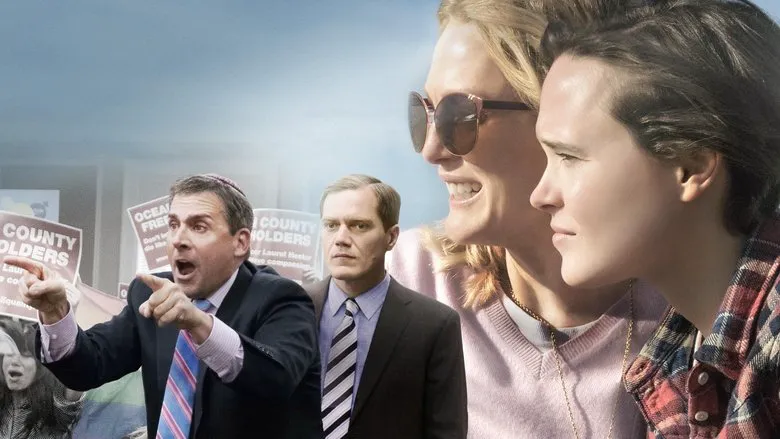
Fun Fact: Due to more favorable tax incentives for filmmakers, the movie was filmed in New York, not New Jersey.
Echoes of “Philadelphia”
In the early 1990s, Tom Hanks starred in “Philadelphia,” a legal drama where he played a gay lawyer dying of AIDS who fights against wrongful termination. This role earned Hanks his first Oscar, and screenwriter Ron Nyswaner received his sole Academy Award nomination. Over two decades later, Nyswaner revisits the theme of politically correct justice, this time through the lens of a lesbian police officer defending her financial rights.
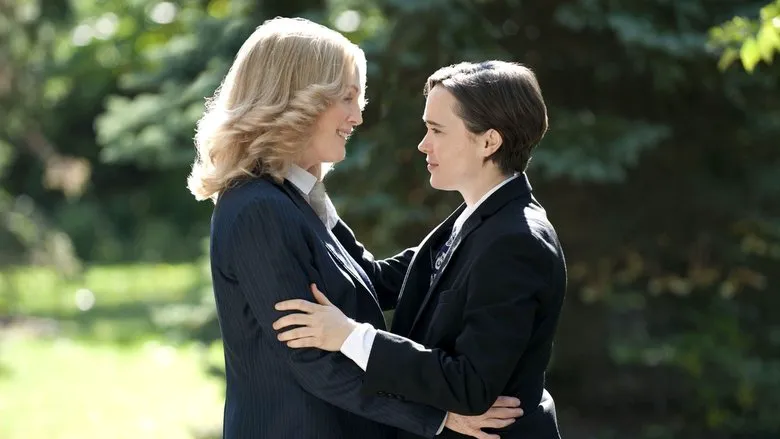
From Documentary to Drama
Like “Philadelphia,” “Freeheld” is based on a true story, one that has already been told on screen. In 2008, Cynthia Wade won an Oscar for her short documentary “Freeheld,” which chronicled Laurel and Stacie’s struggle. Recognizing that short documentaries have limited reach, Nyswaner, director Peter Sollett (“Nick and Norah’s Infinite Playlist”), and their producers sought to retell the story as a feature film. A more significant film can reach a broader audience, and even an arthouse film has a wider reach than a documentary short.
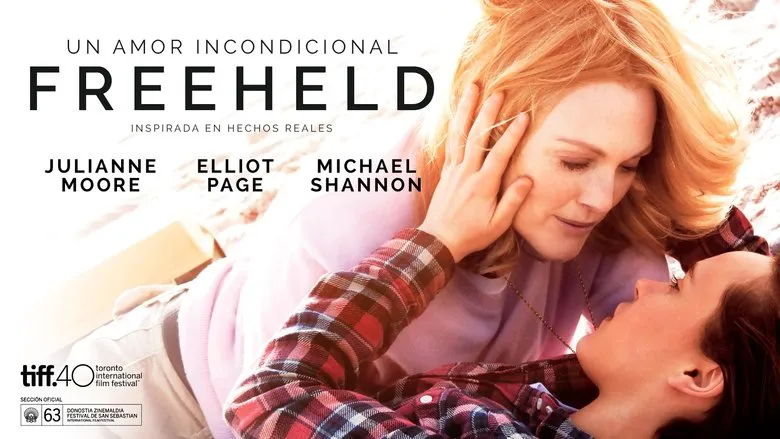
A One-Sided Narrative?
The film unequivocally sides with the dying woman, making no attempt to present opposing viewpoints. This makes “Freeheld” easily categorized as simplistic, tear-jerking propaganda – what some might call “preaching to the choir.” Those strongly opposed to same-sex unions are unlikely to be swayed (or even watch the film), while those who agree with the filmmakers’ stance may lament the existence of outdated views in a “free country.” However, the film possesses a redeeming quality that makes it moderately noteworthy.

Interesting Fact: Ellen Page was interested in the film from its inception and waited seven years for the opportunity to play the lead role. She publicly came out as gay during filming.
Performances and Chemistry
The strength of the film isn’t necessarily the performances of the two leads, who, frankly, lack the romantic spark one might expect. Moore and Page might have been more convincing as mother and daughter. For a more compelling portrayal of a woman facing a terminal illness by Moore, consider the less politically charged and more poignant “Still Alice,” which earned her an Oscar in 2015.
A Glimpse into American Politics
The true merit of “Freeheld” lies in its portrayal of American politics. In depicting Laurel’s fight against the Ocean County board, the film paints an honest and unflattering picture.
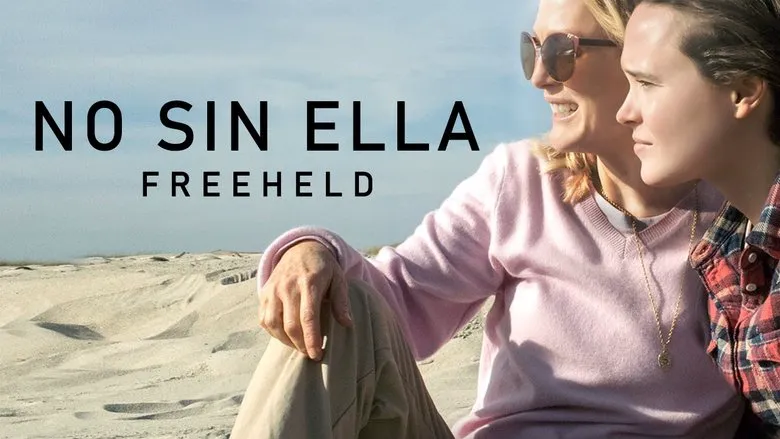
From the opening scenes featuring the bureaucrats, the film asserts that these individuals are not driven by moral values, justice, legality, or even cost savings. The sole concern of the board members is their upcoming re-election. Elected in a conservative district, they feel compelled to uphold “traditional values,” even if it means turning their backs on a dying woman who has served the police force faithfully for years. Voters, they believe, love unwavering fighters and despise those who waver.
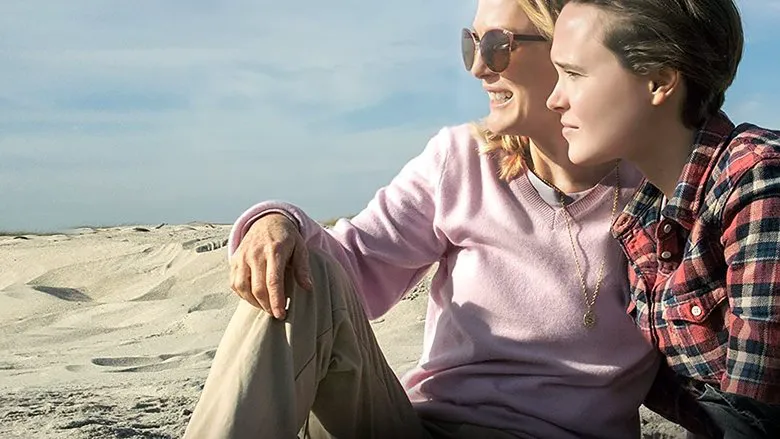
Therefore, the passionate “circus” orchestrated by Laurel’s supporters, led by her former partner Dane Wells (a heartfelt performance by Michael Shannon), is not aimed at the hardline officials but at journalists and residents of the county. Conservative voters appreciate the defense of values but dislike the mistreatment of older women and law enforcement officers. The characters attempt to sway public opinion, making politicians realize that supporting Laurel is more advantageous than opposing her.
As the story reaches its climax, the film employs blatant blackmail and an Americanized version of “telephone justice.” The system isn’t necessarily broken or corrupt; it’s functioning as it’s designed to function. Everyone, including the protagonists, is protecting their interests, and politicians are catering to their constituents. This is democracy – appealing on the surface but wild underneath. Given the film’s close adherence to real events, there’s little reason to doubt its authenticity.
Of course, the film’s content has limited relevance to other countries due to differing laws, procedures, and pension regulations. However, if one aspires to build a democratic country in the Western style, it’s essential to understand how such states truly operate.